Home>diy>Planning & Engineering>How To Become A Landscape Architect In NYC
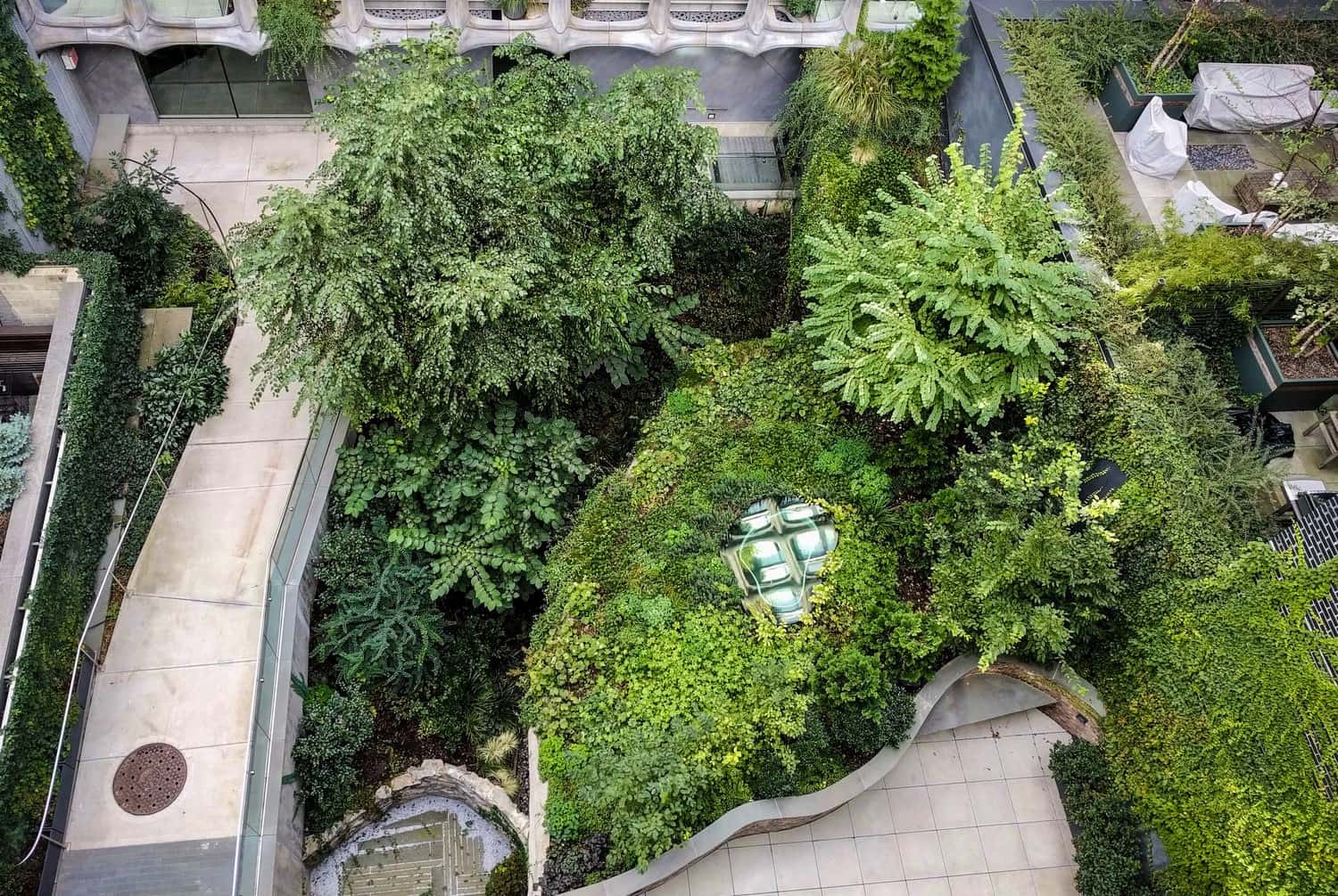

Planning & Engineering
How To Become A Landscape Architect In NYC
Modified: February 25, 2024
Learn how to become a landscape architect in NYC with our comprehensive guide. Gain insights into planning, engineering, and designing stunning outdoor spaces.
(Many of the links in this article redirect to a specific reviewed product. Your purchase of these products through affiliate links helps to generate commission for Storables.com, at no extra cost. Learn more)
Introduction
Landscape architecture is an exciting and dynamic field that combines art, science, and environmental stewardship. As cities expand and green spaces become increasingly important, the demand for skilled landscape architects is growing.
If you have a passion for design, a love for nature, and a desire to create beautiful and functional outdoor spaces, becoming a landscape architect in New York City (NYC) may be the perfect career choice for you. This article will provide an overview of the education, licensure, skill development, networking, and employment opportunities in the field, as well as the salary and career outlook for landscape architects in NYC.
New York City is known for its iconic parks, public plazas, and urban landscapes. From Central Park to the High Line, the city offers a diverse range of environments that showcase the creative and innovative work of landscape architects. Whether it’s designing rooftop gardens in Manhattan or revitalizing waterfronts in Brooklyn, landscape architects play a vital role in shaping the urban fabric of the city.
To become a landscape architect in NYC, there are certain education and degree requirements that need to be fulfilled. While specific requirements may vary, it is generally necessary to have at least a bachelor’s degree in landscape architecture or a related field from an accredited institution. A master’s degree in landscape architecture can also provide a competitive edge in the job market.
Key Takeaways:
- Education, licensure, and skill development are crucial for aspiring landscape architects in NYC. Accredited degrees, licensure exams, and diverse skill sets pave the way for success in this dynamic and rewarding field.
- Building a strong professional network, leveraging internships, and staying informed about industry trends are essential for finding employment opportunities and achieving career growth as a landscape architect in NYC.
Read more: How To Become Landscape Architect
Education and Degree Requirements
Obtaining the necessary education and degrees is the first step towards becoming a landscape architect in NYC. Here are the key requirements:
Undergraduate Degree:
Most landscape architecture programs require a four-year undergraduate degree. These programs typically cover a wide range of topics including design principles, plant selection, site analysis, ecology, and construction techniques. It is important to choose a program that is accredited by the Landscape Architecture Accreditation Board (LAAB) to ensure the quality of education.
During your undergraduate studies, you will have the opportunity to develop a strong foundation in landscape architecture through coursework, studio projects, and internships. You will learn about different design styles, sustainable practices, and the latest technology used in the field. Building a diverse portfolio of design projects will be essential for showcasing your skills to potential employers.
Master’s Degree:
While not always required, obtaining a master’s degree in landscape architecture can provide a competitive advantage in the job market. A master’s degree program offers a deeper exploration of advanced topics such as landscape planning, urban design, and ecological restoration. It allows you to delve into research projects and collaborate with professionals in the field.
Many universities in NYC and across the country offer graduate programs in landscape architecture. These programs typically take an additional two to three years to complete and provide opportunities for specialization in areas such as urban design, sustainable development, or ecological restoration.
Accreditation:
Accreditation is an important factor to consider when choosing a landscape architecture program. Accredited programs have been evaluated and approved by the Landscape Architecture Accreditation Board (LAAB), ensuring that they meet the highest standards of quality and rigor.
Graduating from an accredited program is essential for eligibility to take the Landscape Architect Registration Exam (LARE), which is required for professional licensure. Additionally, many employers prefer to hire landscape architects who have graduated from accredited programs.
When researching schools, be sure to check their accreditation status and consider factors such as faculty expertise, studio facilities, and opportunities for internships and networking within the industry.
Obtaining the necessary education and degrees is a critical foundation for success in the field of landscape architecture. It provides you with the knowledge and skills needed to create beautiful and functional outdoor spaces while considering the environmental, social, and cultural aspects of each project.
Read more: How To Become A Landscape Architect In Texas
Licensure and Certification
Licensure and certification are crucial steps for becoming a recognized and professional landscape architect in NYC. Here are the key aspects of the process:
Licensure Process:
To practice as a landscape architect in NYC, you must obtain a license from the New York State Education Department (NYSED). The licensure process involves fulfilling certain requirements, which typically include completing an accredited degree program, gaining professional experience, and passing the Landscape Architect Registration Exam (LARE).
Upon completion of your education, you will need to fulfill the required work experience through internships or entry-level positions under the guidance of a licensed landscape architect. The NYSED may have specific guidelines on the duration and type of professional experience required.
Landscape Architect Registration Exam:
The Landscape Architect Registration Exam (LARE) is a comprehensive examination that assesses the knowledge and skills necessary to practice landscape architecture professionally. The exam is divided into four sections, covering various aspects of the profession, including site design, plant materials, grading and drainage, and construction document preparation.
Passing the LARE is a requirement for obtaining licensure as a landscape architect in NYC. The exam is administered by the Council of Landscape Architectural Registration Boards (CLARB) and can be taken in multiple parts or as a complete exam, depending on your individual preferences and study schedule.
Continuing Education:
Once you have obtained licensure as a landscape architect, it is important to stay up-to-date with the latest developments in the field. Continuing education not only helps you maintain your professional status but also allows you to enhance your skills and knowledge.
Continuing education requirements vary by state and may include a certain number of continuing education units (CEUs) or professional development hours (PDHs) over a defined period of time. These can be earned by attending workshops, conferences, seminars, or webinars related to landscape architecture.
Continuing education not only keeps you informed about new technologies, materials, and design trends but also provides opportunities to expand your professional network and collaborate with other industry professionals.
By completing the required licensure process, passing the Landscape Architect Registration Exam, and participating in continuing education, you can establish yourself as a licensed and certified landscape architect in NYC. These credentials provide credibility and open doors to a wider range of career opportunities.
Read more: How To Become A Licensed Landscape Architect
Skill Development
Developing a diverse set of skills is essential for success as a landscape architect in NYC. Here are some key skills that will contribute to your professional growth:
Design and Planning:
Design and planning are at the core of landscape architecture. As a landscape architect, you will need to develop a strong sense of aesthetics and an understanding of space, form, and function. You will work with clients and stakeholders to create designs that meet their needs while considering environmental sustainability and cultural context.
By honing your design and planning skills, you will be able to conceptualize and visualize outdoor spaces, analyze site conditions, create design drawings, and develop master plans for various projects. This includes understanding the principles of design, such as balance, proportion, rhythm, and unity, and applying them to your creations.
Plant Identification and Selection:
A deep knowledge of plants is crucial for landscape architects, as they are responsible for selecting and specifying the appropriate plant species for each project. You need to understand the characteristics of different plants, including their growth habits, maintenance requirements, and aesthetic qualities.
By studying plant identification and selection, you will be able to create plant palettes that are well-suited for specific sites, taking into account factors such as climate, soil conditions, and desired outcomes. This includes selecting plants that are native to the region, which promotes biodiversity and supports the local ecosystem.
Construction and Project Management:
Landscape architects often work on projects that involve construction and implementation. Developing skills in construction and project management is vital for ensuring that your designs are successfully brought to life.
You will need to understand construction techniques, materials, and methods to coordinate with contractors and oversee the implementation of your designs. This includes budgeting, scheduling, and managing resources effectively to ensure that projects are completed on time and within budget.
Computer-Aided Design (CAD):
Computer-Aided Design (CAD) software is a fundamental tool for landscape architects. It enables you to create digital drawings, renderings, and 3D models that accurately depict your design concepts. CAD allows for precise measurements, easy modifications, and efficient collaboration with other professionals.
By becoming proficient in CAD software, such as AutoCAD or SketchUp, you will be able to create professional-quality drawings and presentations, communicate your ideas effectively, and collaborate seamlessly with other team members.
Communication and Presentation Skills:
Effective communication and presentation skills are essential for landscape architects to interact with clients, stakeholders, and colleagues. You need to be able to clearly articulate your design concepts, explain the benefits and challenges of different approaches, and address concerns and feedback.
Additionally, you will need to present your ideas visually through presentations, drawings, and renderings. Strong presentation skills will help you effectively convey your vision and gain support for your designs.
Developing and honing these skills will empower you to create thoughtful and impactful designs, effectively collaborate with project teams, and engage and inspire clients and stakeholders. As you gain experience, you will continue to refine and expand your skill set, staying adaptable and innovative in this dynamic field.
Professional Experience and Networking
Building professional experience and establishing a strong network are essential steps for success as a landscape architect in NYC. Here are some key aspects to consider:
Internships and Entry-Level Positions:
Internships and entry-level positions provide valuable hands-on experience and an opportunity to learn from seasoned professionals in the field. Seek out internships at landscape architecture firms, government agencies, or non-profit organizations to gain practical knowledge and develop skills.
During your internship, you will have the chance to work on real projects, contribute to design development, conduct site visits, and collaborate with multi-disciplinary teams. This experience will not only enhance your skills but also allow you to make valuable connections in the industry.
Read more: What Does a Landscape Architect Earn in NYC?
Professional Organizations and Associations:
Joining professional organizations and associations is a great way to connect with other professionals, stay updated with industry trends, and access valuable resources. In NYC, the American Society of Landscape Architects (ASLA) and the New York Chapter of ASLA are prominent organizations that provide networking opportunities, continuing education, and advocacy for the profession.
Being a part of professional organizations allows you to attend conferences, workshops, and seminars where you can learn from industry experts, showcase your work, and connect with potential employers or clients. These organizations often have student chapters and young professional groups that offer mentorship and support for early-career landscape architects.
Networking Events and Conferences:
Attending networking events and conferences is crucial for expanding your professional network and staying up-to-date with the latest industry developments. NYC hosts numerous conferences, workshops, and symposia that bring together landscape architects, urban planners, and other industry professionals.
These events provide opportunities to engage in discussions, share knowledge, and establish connections with potential employers or collaborators. Networking events can include panel discussions, project tours, and social gatherings where you can exchange ideas and experiences with colleagues in the field.
Maximizing your exposure through networking events and conferences can lead to potential job opportunities, collaborations on projects, and mentorship opportunities. It is important to actively participate, engage in conversations, and follow up with the contacts you make.
Building professional experience through internships, joining professional organizations, and attending networking events and conferences will help you develop relationships with industry professionals, gain insights into the field, and open doors to future opportunities. Cultivating a strong professional network can prove invaluable throughout your career as a landscape architect in NYC.
Finding Employment Opportunities
When seeking employment opportunities as a landscape architect in NYC, it is crucial to explore various avenues and employ different strategies. Here are some effective approaches to consider:
Job Boards and Online Platforms:
Job boards and online platforms are valuable resources for finding landscape architecture job openings in NYC. Websites such as Indeed, LinkedIn, and Glassdoor offer a wide range of listings specific to the field. These platforms allow you to search for positions based on location, experience level, and specific keywords.
When utilizing job boards, it is important to tailor your resume and cover letter to each job application and highlight relevant skills and experiences. Furthermore, consider setting up job alerts to receive notifications for new postings that match your criteria.
Networking and Recommendations:
Networking and recommendations are powerful tools for discovering hidden job opportunities and securing interviews. Reach out to classmates, professors, and professionals you have connected with through internships or industry events. Inform them of your job search and express your interest in working as a landscape architect in NYC.
Attending professional organizations’ events, conferences, and workshops provides excellent networking opportunities. Engage in conversations, ask questions, and exchange contact information with professionals in the field. Building meaningful connections increases your chances of being recommended for job openings within their networks.
Internship to Full-Time Conversion:
Many landscape architecture firms in NYC hire interns with the intention of converting them into full-time employees if they prove their capabilities and fit within the company culture. Internships provide a valuable foot in the door and allow you to showcase your skills and dedication.
During your internship, demonstrate your professionalism, initiative, and willingness to learn. Take on tasks with enthusiasm, ask for feedback, and seek opportunities to contribute to projects. Building a strong rapport with your colleagues increases the likelihood of being considered for full-time positions when they become available.
Engage in conversations with your supervisors and express your interest in joining the firm in a permanent capacity. Demonstrate your enthusiasm for the work and inquire about any potential opportunities. Employers often appreciate talented and motivated interns and may create a position or consider you for future job openings.
Combining the use of job boards and online platforms with networking efforts and leveraging internship experiences can maximize your chances of finding employment opportunities as a landscape architect in NYC. Be proactive, persistent, and open to different pathways. It may take time to secure your dream position, but with the right approach and mindset, you can increase your chances of success.
Salary and Career Outlook
Understanding the salary expectations and career outlook for landscape architects in NYC is important for making informed decisions and setting realistic goals. Here is an overview of the average salary and career growth prospects in the field:
Average Salary:
The average salary for landscape architects in NYC varies depending on factors such as experience, specialization, the size of the firm, and the complexity of the projects undertaken. According to the U.S. Bureau of Labor Statistics (BLS), the median annual wage for landscape architects in the United States was $73,160 as of May 2020.
However, it is important to note that landscape architects in NYC may earn higher salaries due to the city’s high cost of living and the demand for experienced professionals in the field. Senior landscape architects with several years of experience and a track record of successful projects have the potential to earn higher salaries.
Career Growth and Prospects:
The demand for landscape architects in NYC is expected to grow in the coming years due to urban expansion, environmental concerns, and an increased emphasis on sustainability. As new developments, green infrastructure, and public spaces are created, landscape architects play a crucial role in shaping the city’s landscape.
Furthermore, landscape architects are increasingly being recognized for their expertise in addressing challenges such as climate change, urban revitalization, and the creation of resilient and sustainable communities. This recognition contributes to the positive career outlook for those in the field.
Career growth can be influenced by factors such as specialization, additional certifications, and professional development. Landscape architects who specialize in emerging areas such as green roofs, urban agriculture, or sustainable design may find unique opportunities and a competitive edge in the job market.
Additionally, career advancement can be pursued through leadership roles within landscape architecture firms, government agencies, or by starting your own practice. As you gain experience and expand your professional network, you may have the opportunity to take on larger and more complex projects, further enhancing your career prospects.
Continuing education and staying abreast of industry trends and advancements will also contribute to your career growth. Engaging in professional development opportunities, attending conferences, and pursuing additional certifications or advanced degrees can open doors to new possibilities and expand your knowledge and skills in the field.
While the landscape architecture field can be competitive, those who are passionate, innovative, and adaptable have the potential to build successful and fulfilling careers in NYC. By staying proactive, continuously developing your skills, and leveraging opportunities for growth, you can thrive in this dynamic industry.
Conclusion
Becoming a landscape architect in New York City (NYC) is an exciting and rewarding career path that allows you to shape and transform the urban environment. With a combination of education, licensure, skill development, and networking, you can pave your way towards success in this dynamic field.
Obtaining the necessary education and degrees from accredited programs provides a strong foundation in landscape architecture. Take advantage of opportunities to gain practical experience through internships and entry-level positions. Specialize in areas of interest and continually develop your skills, whether in design and planning, plant identification, construction management, or computer-aided design.
Licensure and certification are essential for practicing as a professional landscape architect in NYC. Be prepared to fulfill the licensure process and pass the Landscape Architect Registration Exam (LARE). Engage in continuing education to stay current with industry trends and advancements.
Building a strong professional network is crucial for finding employment opportunities in NYC. Utilize job boards, online platforms, and networking events to explore openings. Leverage your internship experiences to convert them into full-time positions, and consider joining professional organizations and associations to expand your connections and access valuable resources.
The salary and career outlook for landscape architects in NYC is promising. The average salary for landscape architects in the city reflects the high cost of living, and there are numerous opportunities for career growth and advancement, especially for those with specialized knowledge and experience.
In conclusion, a career as a landscape architect in NYC offers the opportunity to contribute to the city’s vibrant and diverse urban landscape. By honing your skills, staying informed about industry developments, and actively networking, you can establish yourself as a respected professional in the field.
Embark on your journey to become a landscape architect in NYC with passion, dedication, and a commitment to creating sustainable and innovative outdoor spaces. Embrace the challenges, seize the opportunities, and let your creativity and expertise leave a positive and lasting impact on the cityscape.
Frequently Asked Questions about How To Become A Landscape Architect In NYC
Was this page helpful?
At Storables.com, we guarantee accurate and reliable information. Our content, validated by Expert Board Contributors, is crafted following stringent Editorial Policies. We're committed to providing you with well-researched, expert-backed insights for all your informational needs.
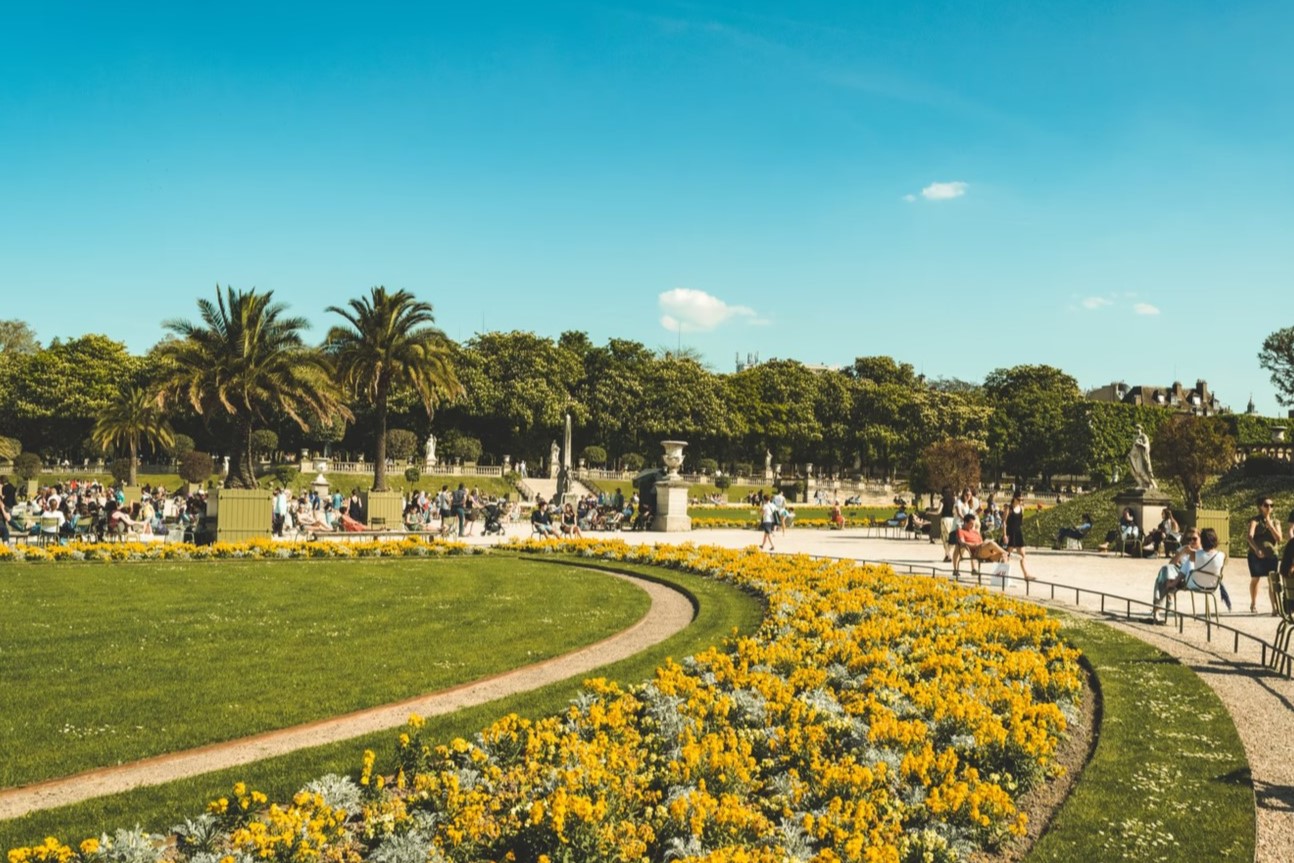
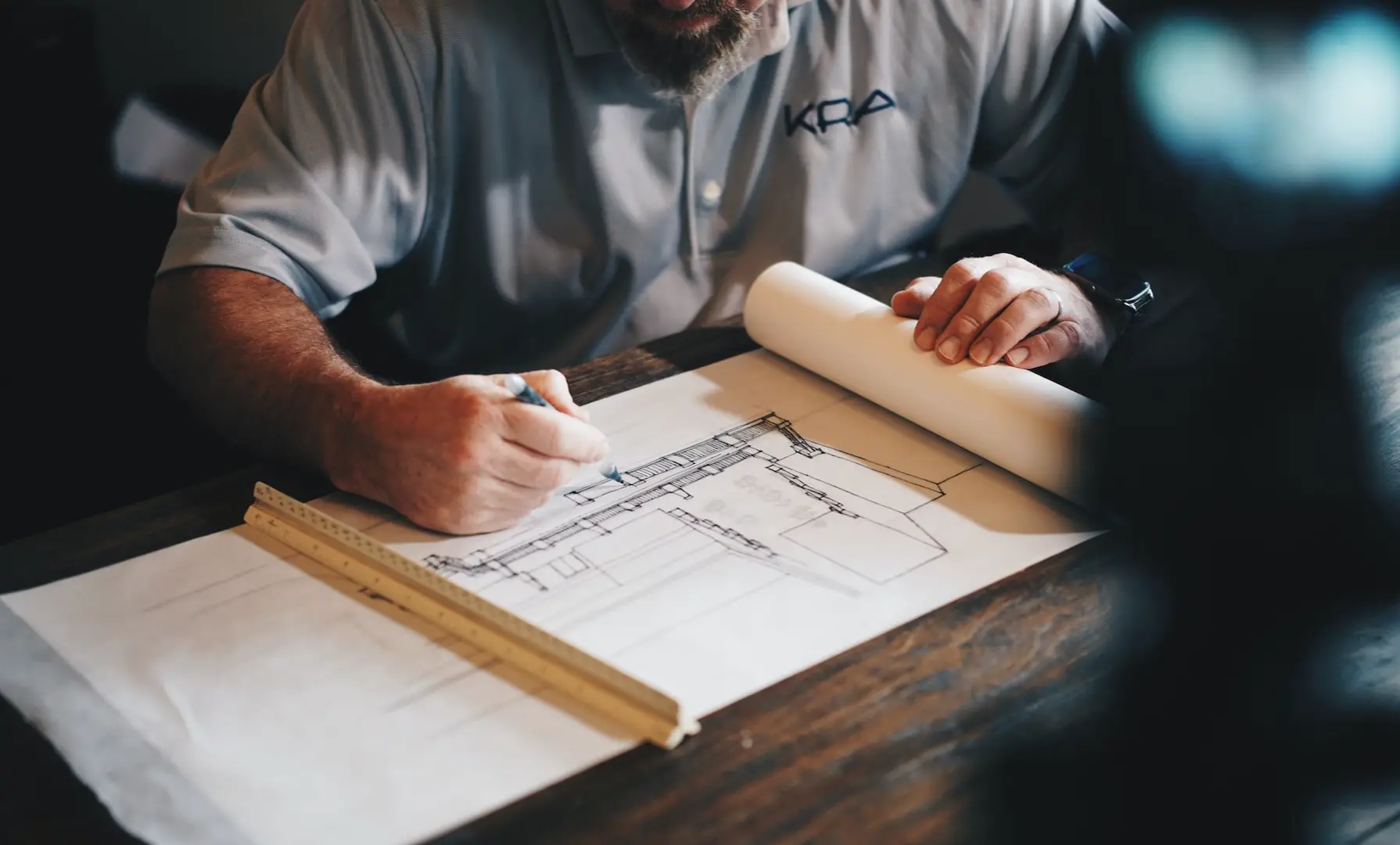

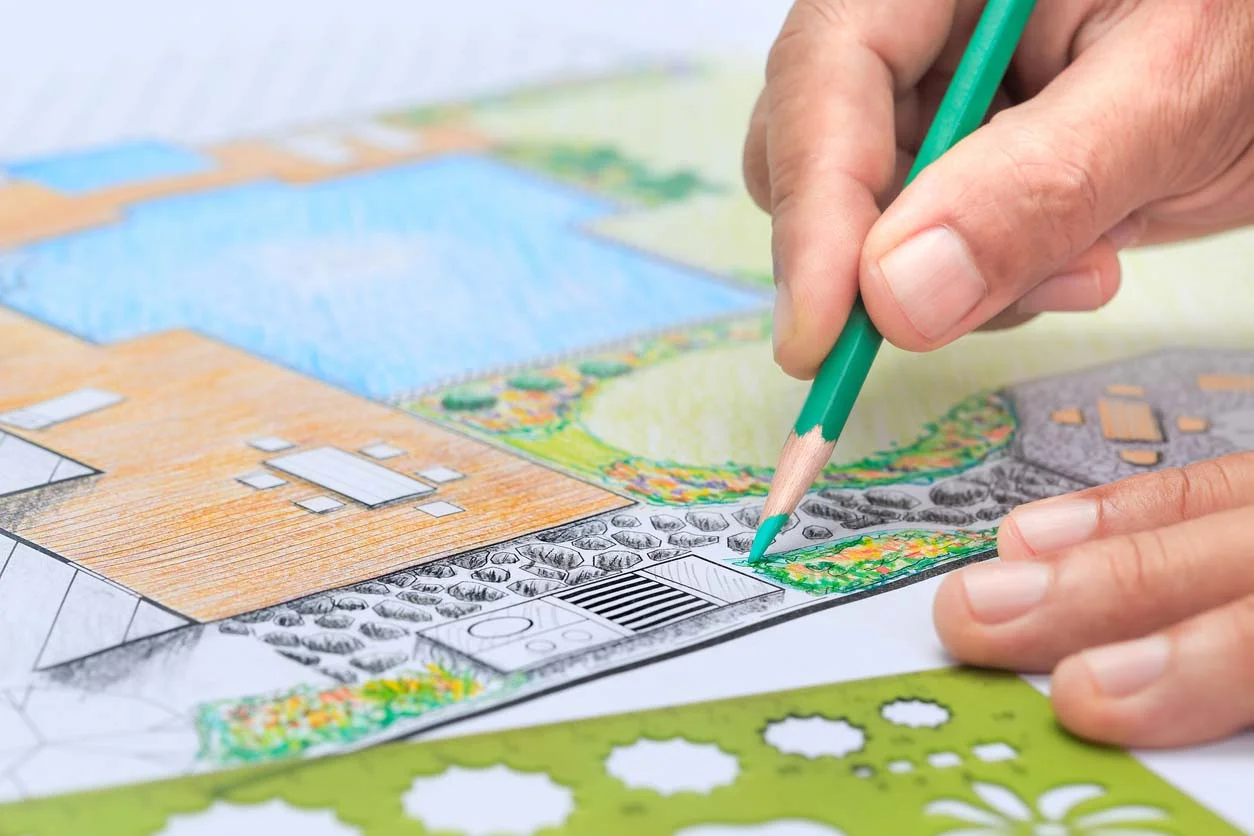
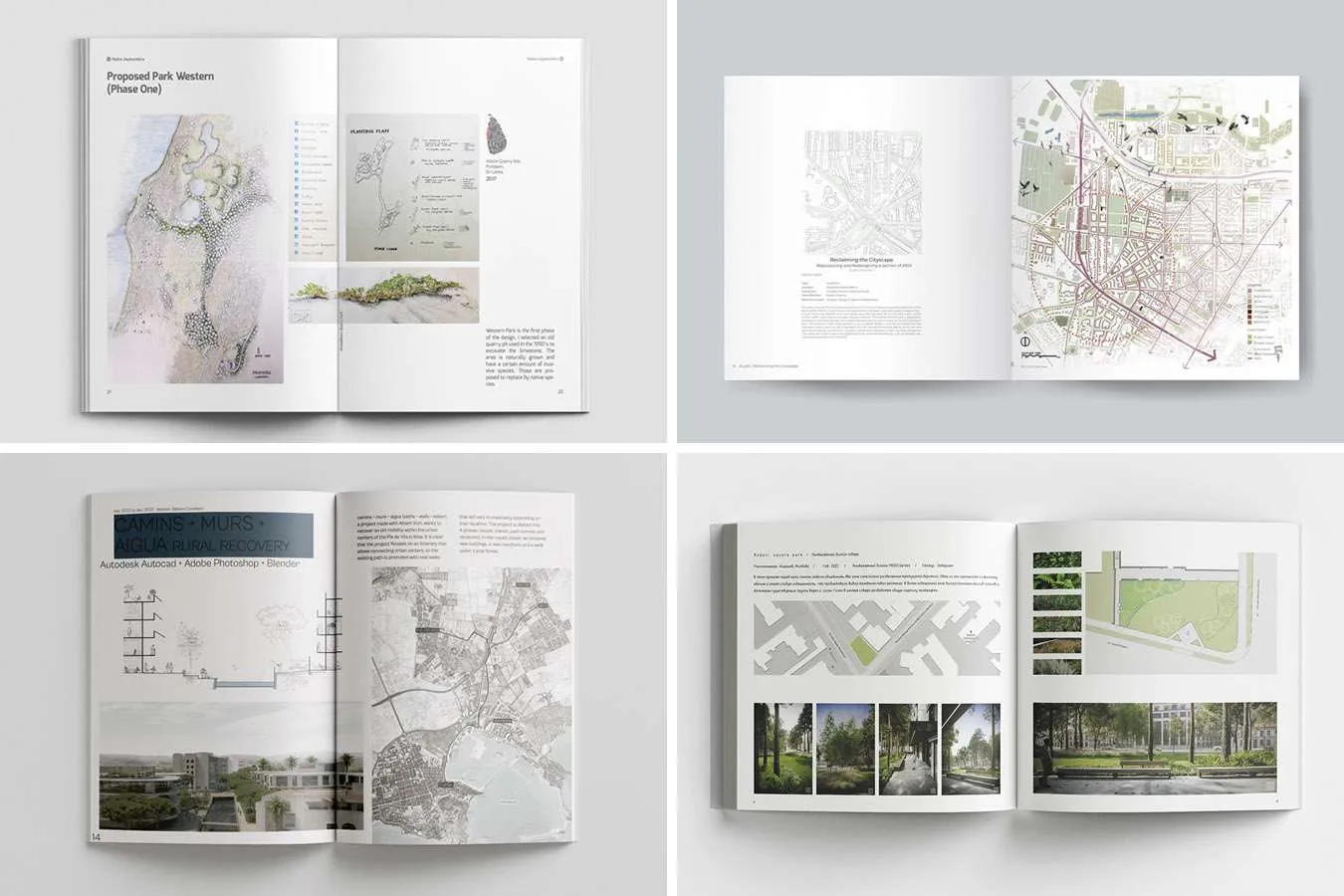

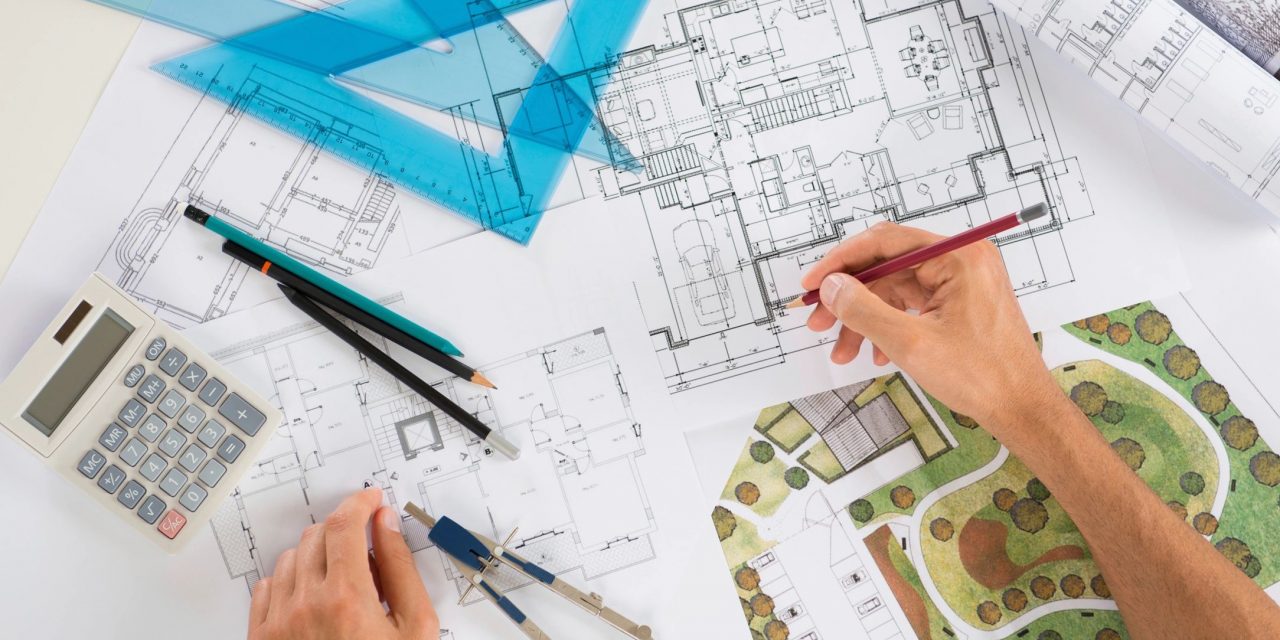
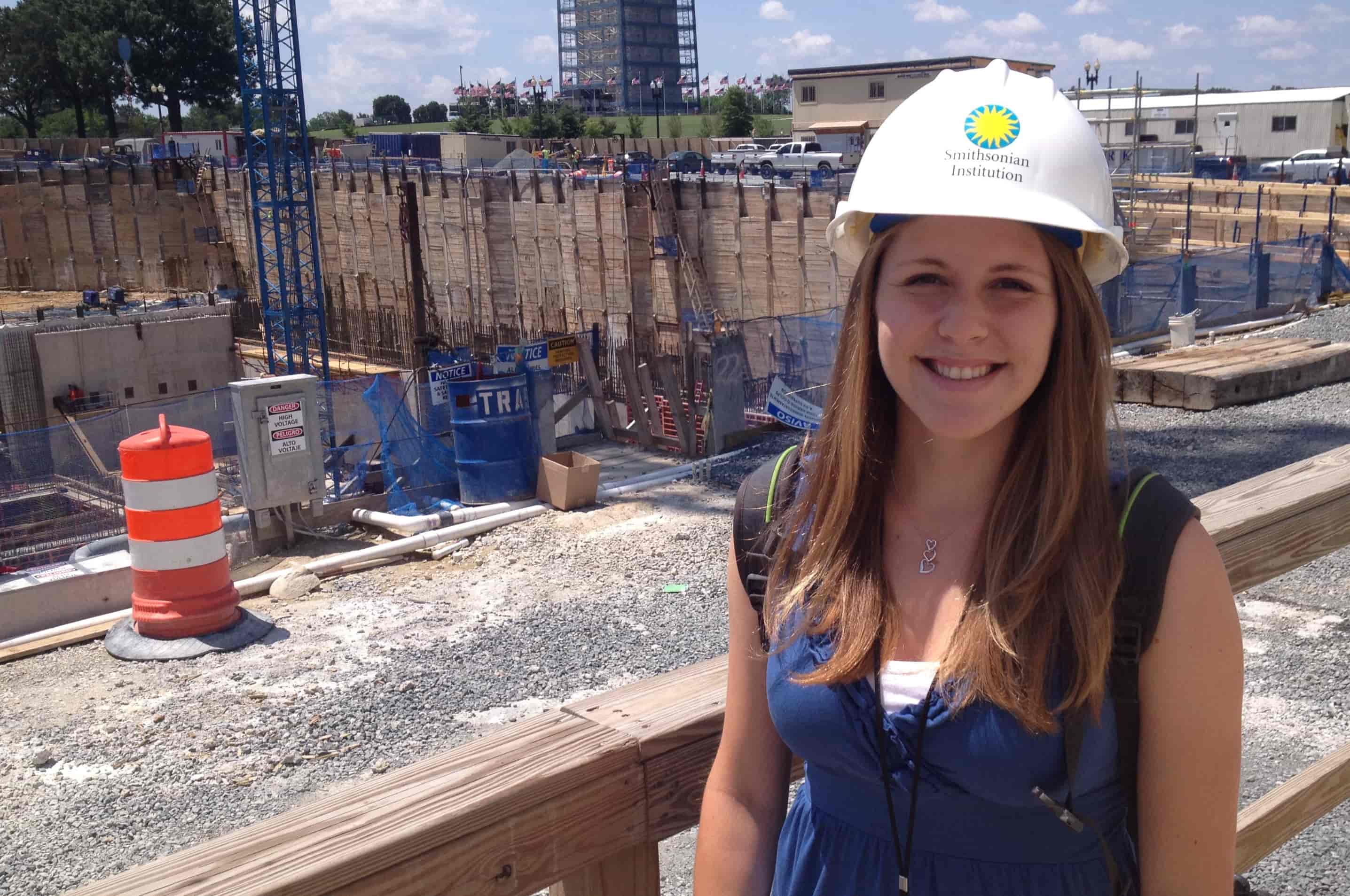
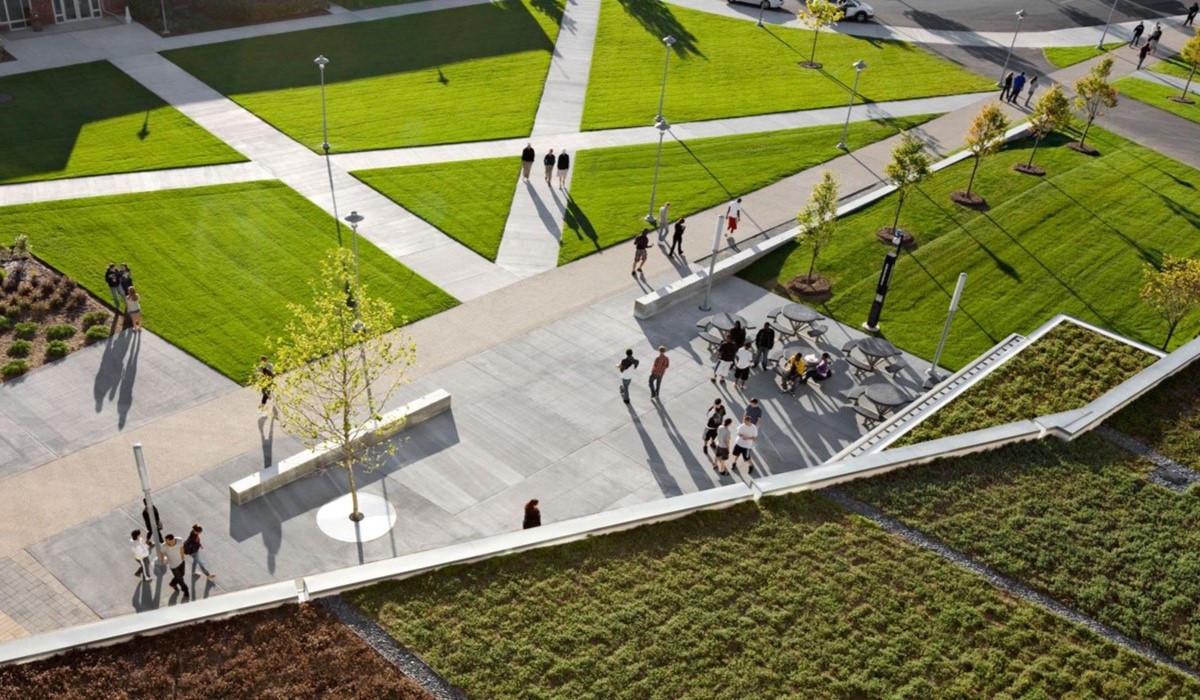

0 thoughts on “How To Become A Landscape Architect In NYC”